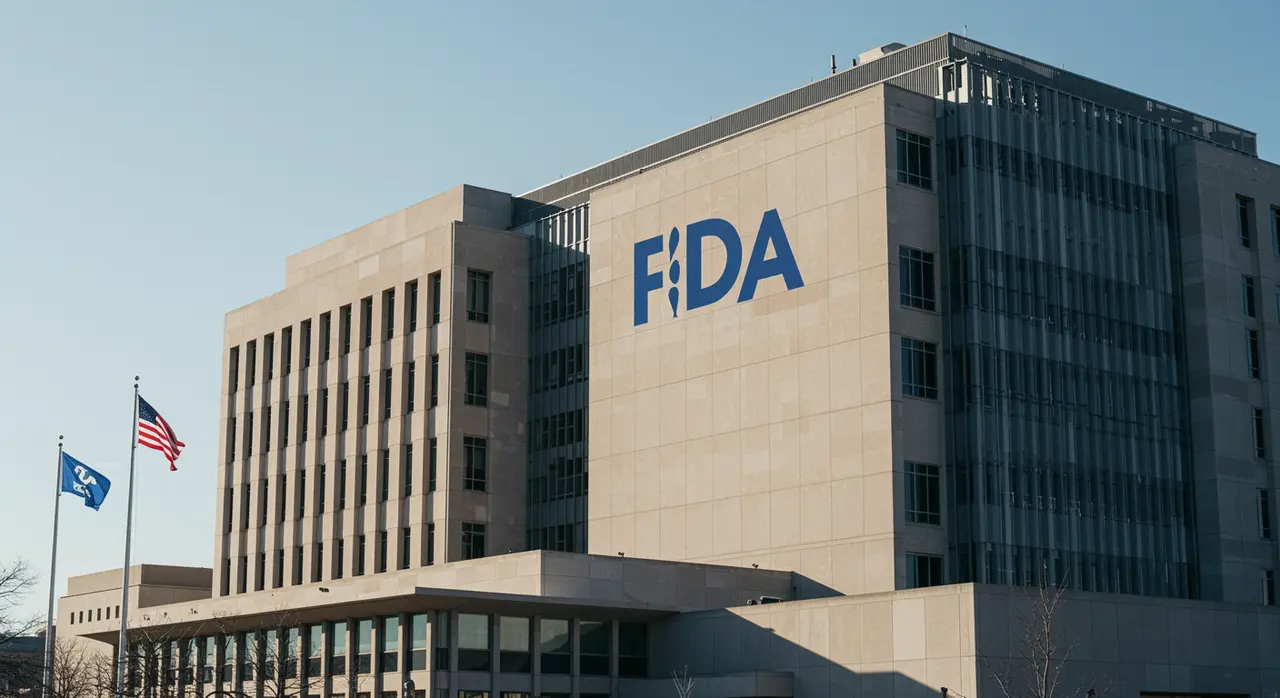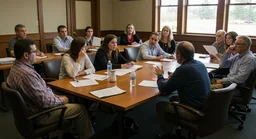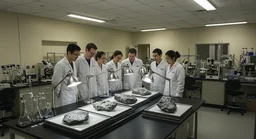FDAs Peter Marks Resigns Amid Vaccine Policy Clash with Robert F. Kennedy Jr.
198 views
Dr. Peter Marks, the former chief of the FDA’s vaccine division, has resigned in a move that underscores the growing tensions between public health officials and the Biden administration’s controversial Health Secretary, Robert F. Kennedy Jr. Marks, who had spearheaded efforts to enhance vaccine transparency and public trust, stepped down after refusing to grant Kennedy’s team unrestricted access to the Vaccine Adverse Event Reporting System (VAERS). The decision, rooted in concerns over potential data manipulation or deletion, has ignited a fierce debate over vaccine policy, public health ethics, and the role of government in safeguarding scientific integrity.

A Clash of Ideologies: Transparency vs. Misinformation
Dr. Marks, a respected figure in vaccine research and policy, had recently unveiled a “vaccine transparency action plan,” a comprehensive initiative aimed at addressing vaccine safety concerns while combating misinformation. Central to this plan was a proposed overhaul of the VAERS system, long criticized for its susceptibility to misuse by anti-vaccine groups. Marks envisioned a system that would provide clearer, more accessible information about vaccine ingredients, safety protocols, and documented side effects. Yet, he maintained that VAERS data, which is self-reported and unverified, must remain shielded from direct interference to prevent misinterpretations that could stoke unwarranted fear.
Kennedy, whose approach to vaccine policy has been marked by skepticism, sought unrestricted access to the VAERS database as part of his broader investigation into vaccine safety. While Kennedy has repeatedly stated that he is not “antivaccine,” his actions—such as terminating vaccine-related research and revisiting debunked claims linking vaccines to autism—have drawn sharp criticism from public health experts. Marks, in particular, viewed Kennedy’s stance as a dangerous gamble, especially amid recent measles outbreaks that have claimed lives, including the tragic death of an unvaccinated child.
In a pointed critique, Marks attributed such deaths to insufficient vaccination efforts, arguing that Kennedy’s rhetoric was undermining decades of progress in immunization campaigns. “We are losing the battle against preventable diseases because of fear and misinformation,” Marks reportedly told colleagues before his resignation.
The Broader Implications of Vaccine Policy Turmoil
The fallout from Marks’ departure is reverberating far beyond the walls of the FDA. Kennedy, currently touring the southwestern United States on his “Make America Healthy Again” campaign, has doubled down on his controversial positions, focusing on issues like fluoridation and food dyes alongside vaccine policies. While Kennedy’s supporters praise his willingness to challenge entrenched narratives, critics warn that his approach risks eroding public trust in vaccines at a time when preventable diseases are resurging.
Kennedy’s insistence on unrestricted access to VAERS reflects a broader ideological divide over how vaccine data should be handled. Advocates of transparency argue that greater access could empower individuals to make informed decisions, while opponents caution that unverified data could be weaponized to spread misinformation. Marks’ refusal to comply with Kennedy’s demands highlights the delicate balance between openness and safeguarding scientific integrity—a balance that is increasingly difficult to maintain in an era of politicized health debates.
The resignation also raises questions about the role of the Department of Health and Human Services (HHS) in mediating conflicts between scientific experts and political appointees. Marks, who was informed by HHS officials that Kennedy wanted him removed, viewed his ousting as a capitulation to anti-vaccine sentiment. His departure leaves a void in the FDA’s vaccine division at a critical juncture, as the agency grapples with the dual challenges of combating misinformation and addressing legitimate concerns about vaccine safety.
A Crossroads for Public Health
As the dust settles on Dr. Marks’ resignation, the broader implications for public health remain uncertain. Will Kennedy’s push for unrestricted access to VAERS lead to greater transparency, or will it fuel the spread of misinformation? Can the FDA sustain its commitment to scientific integrity in the face of political pressure? And most importantly, how will these debates shape the future of vaccination efforts in the United States?
Marks, for his part, has urged his colleagues to continue advocating for increased vaccination rates to prevent tragedies like the recent measles-related death. “We cannot afford to let fear dictate our policies,” he said in his parting remarks. Yet, his resignation serves as a stark reminder of the challenges facing public health officials in an era where science and politics are increasingly at odds.
Kennedy’s “Make America Healthy Again” campaign, with its focus on controversial issues, is likely to keep vaccine policy in the spotlight for the foreseeable future. But as the nation grapples with the consequences of reduced vaccination rates, the question remains: can the United States reconcile the need for transparency with the imperative to protect public health?
In the end, the resignation of Dr. Peter Marks is more than just a personnel change; it is a microcosm of the larger battle over science, trust, and the future of public health. Whether Kennedy’s approach will lead to meaningful reform or exacerbate existing divides is a question that only time—and perhaps the next measles outbreak—will answer.




























